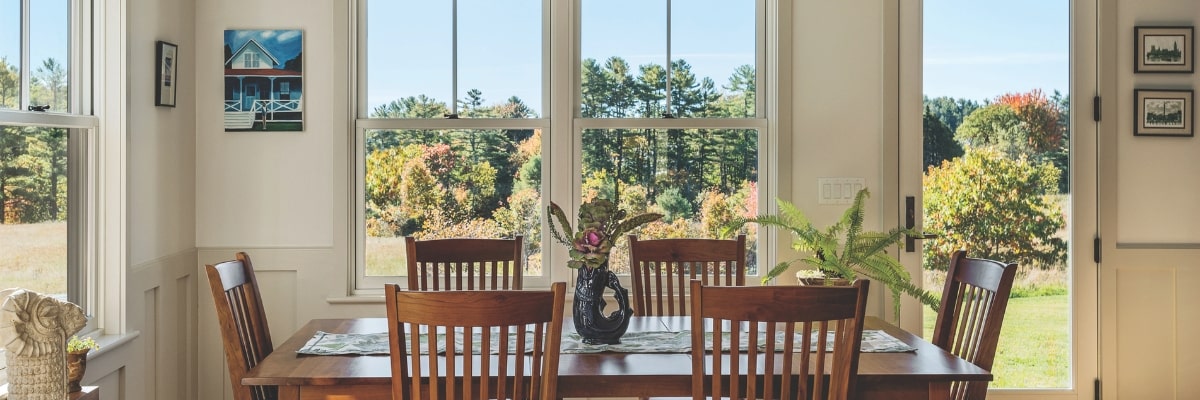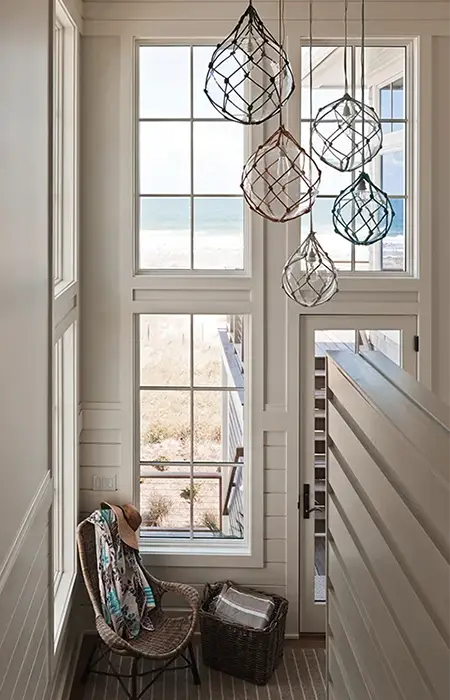
Window replacement can feel like a big investment, but knowing when it’s the right time makes the decision much easier. In this conversation, Scott Dorrell outlines the most common signs homeowners should watch for—ranging from comfort issues to visual damage—to determine if it’s time to consider replacing some or all of their windows.
Transcript starts here:
Interviewer (Andrew Curtis)
Scott, thanks again. Always appreciate the time. So let's actually think about the homeowner—what should they be looking for in their own home to consider a replacement window project?
Interviewee (Scott Dorrell, Co-Founder of Modern Day Window & Door)
Well, for replacement windows, there are a few different things you should consider. One is the comfort of your house. If your house is really cold all the time, or really hot in the summer, or you can't keep the rooms in your home the same temperature, that's generally because the windows are leaking.
That's something you feel. Then there are things you can see. You may have glass that is fogged up, which means the glass packs have begun to fail. That happens because the frame has warped. So if you replace the glass, it's very likely that the new glass pack will fail again. Instead of just replacing the glass, you probably have an issue with the window and should look at replacing the entire unit.
There's also wood rot, which is pretty obvious. If you go outside your home and the wood around your window is soft or rotted, it’s probably time to replace the windows.
Then there’s operability. If you lift your window and it doesn’t stay open and falls back down, or if you crank your window open but have to go outside to push it shut, it’s time to replace it.
The average life of a builder-grade window is generally about 7 to 10 years. So if your home is more than 10 to 15 years old, it's very likely that it's time to consider a window project. That doesn’t mean you have to do the whole home. Sometimes the windows on the second story or on the south side of the house are more damaged due to exposure. In that case, maybe you just start with a partial project and plan to do the rest down the road.
Scott Dorrell is the Co-Founder of Modern Day Window & Door, known for delivering five-star customer experiences and hands-on product expertise. He’s dedicated to helping homeowners improve comfort, efficiency, and long-term value through high-quality window and door solutions.
"*" indicates required fields


12125 E 65th Street
Unit 36021
Indianapolis, IN 46236
2421 Production Drive
Suite 208
Indianapolis, IN 46241
272 Gradle Drive
Carmel, IN 46032